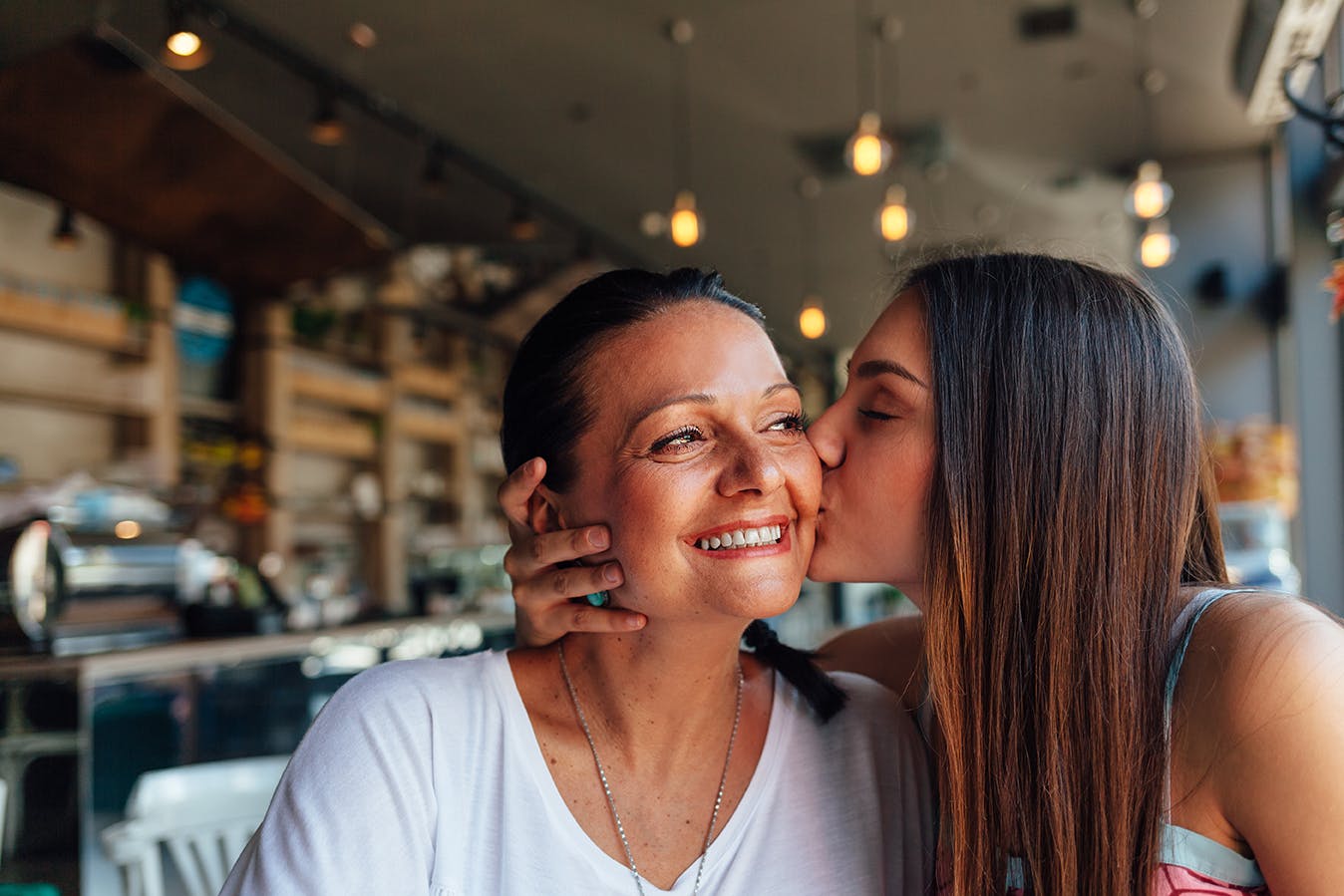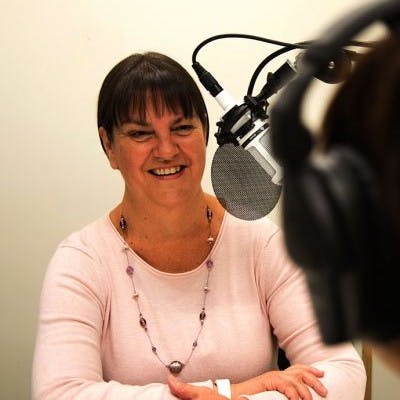Carers: The Silent Partners in the Cancer Treatment Experience
0
As much as the diagnosis of cancer in a young person is catastrophic and life-altering event for them, so too it is a major upheaval for all who care for them. Arduous treatment programs are physically and emotionally exhausting for patients and for families. Couple this with your own (usually unspoken) worries about their survival, cancer recurrence, late effects, fertility, educational and vocational prospects, and carers may feel like they are as vulnerable as their young person.
While there are excellent programs and services to assist the young person in making the multiple adjustments that are required to negotiate cancer treatment, too often health professionals overlook the unique and valid needs of the people who support the patient. The burden on parents, siblings and other members of the patient’s social network are considerable, but often unaddressed. To compound the problem, carers are unlikely to speak up about their own needs and struggles because all of the focus is on the person being treated. Many may say, “What right have I to complain when my child/sibling is going through such tough treatment?”
The optimal care of a person with cancer absolutely must involve scans, operations, expert pathology review and state of the art therapies, but the vision of the oncology team must extend to include partners, parents, friends, colleagues and communities. Health professionals often view parents and family members as care providers rather than a group who are in need of support themselves. It’s tough being the chauffeur, nurse, confidante, housekeeper and cheer squad!
Family members, and parents in particular, are protective and supportive of the person for whom they are caring. You may not feel it appropriate to disclose your own needs and vulnerabilities, but we know that the intensity of caring for someone through a prolonged course of treatment may have negative consequences for your physical health and emotional well-being. Caregivers have been referred to as ‘second order patients’ and their distress must be acknowledged and addressed. Erosion of your usual social supports through caring commitments can lead to a profound sense of loneliness and social isolation.
Further compounding the problems for parents in particular, can be the burden of worry about all of the other aspects of life that continue on regardless of the need to attend to cancer treatment. Carers may have concerns about finances, disruption to the rest of the family, their own health problems, absence from employment, major alterations to plans and frequently, the balance to juggle their other caring responsibilities such as to frail or disabled parents, other children or grandchildren. Rarely will you share these worries and concerns with the young person.
As a carer, you have the right to seek support for your own needs, but it is difficult to know where to start. Negotiating the health and welfare systems can be a minefield. How do you know your entitlements and what services may assist you as the carer? Ask at your cancer centre to see a social worker or psychologist. If you’re no longer in regular contact with the cancer centre speak to your GP or ring the Cancer Council Help Line on 13 11 20.
Most importantly, monitor your own mental health and check in with those who are also involved in caring for your young person. Use coping strategies that have been helpful in times of previous life crises, and keep alert to avoiding over-use of unhelpful coping strategies such as alcohol or other drugs. Above all, accept offers of support and help from family, friends and health professionals.
Kim Hobbs is the Clinical Specialist Social Worker in gynecological cancer at Westmead Hospital in Sydney.

